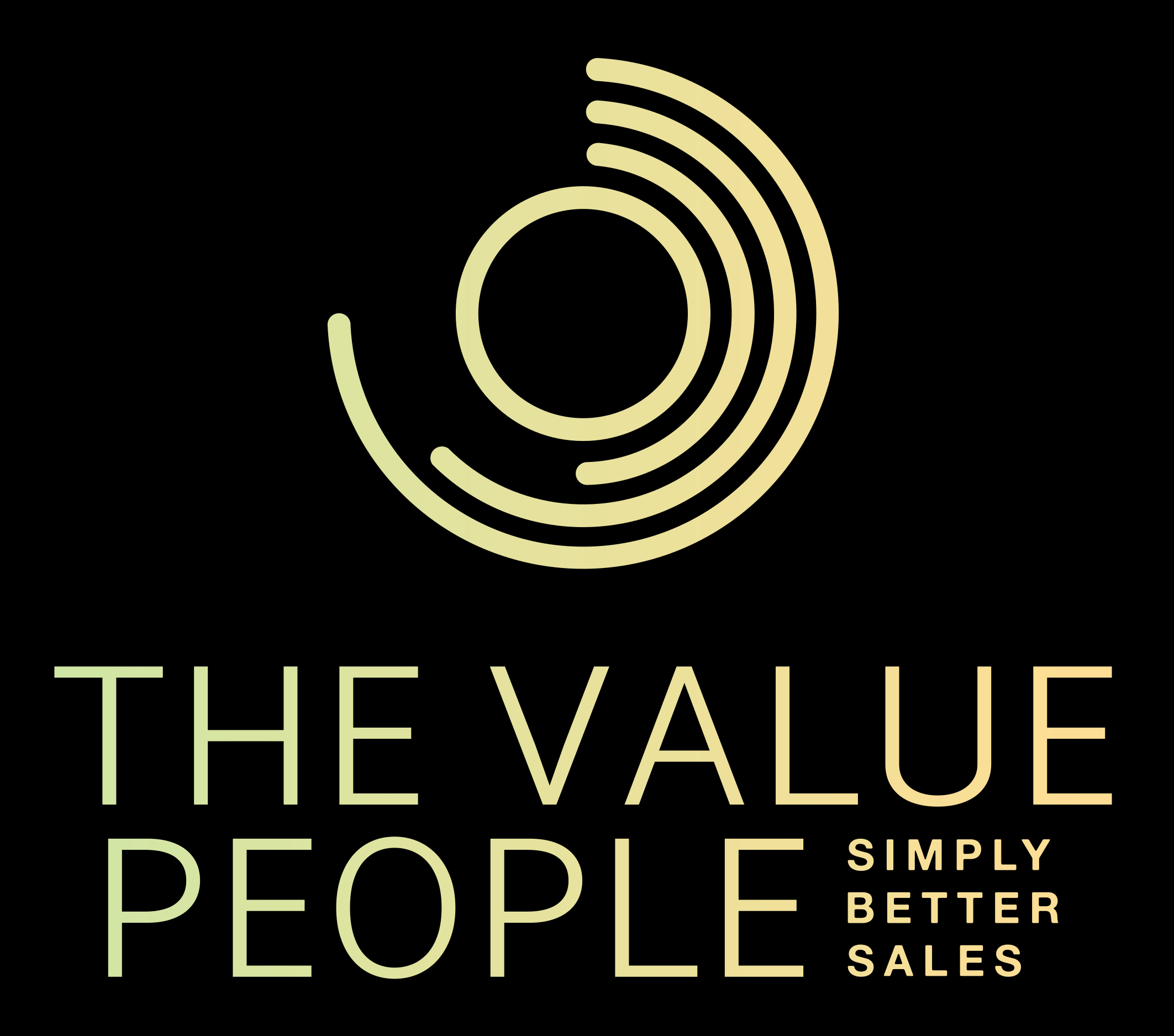The potential within your technical sales support organization
Pretty much every organization from the tech sector doing high volume (often project based) sales in complex B2B environments has in their sales setup a team of people who do some sort of ‘technical sales support’ – be it called technical sales, solution sales, sales engineers, system architects, presales or whatever else. For simplicity’s sake I shall just call them ‘technical sales’ in this article.
What we have seen in many cases is that this team is used only (or largely) as technical resources – maybe with a minimum set of ‘customer-facing skills’, but still as ‘techies’. This is, we believe a serious waste of opportunity for these companies, as a well enabled and empowered technical sales organization can be a truly valuable contributor in a sales process that typically includes a large number of stakeholders on the customer side.
In this article we will discuss how a technical sales team can contribute more to the overall sales success.
Sales and technical sales support – the status quo
The number of people involved in complex decisions on the buyer side has been (and still is) constantly rising. At the same time, the probability for a successful sale is shrinking with the buyer team size.
The obvious answer is to make sure that the maximum value is provided to each of these buyer stakeholders; more specifically, a value proposition for each of these buyer roles that is really tailored to their specific situation, problems and needs. And indeed, it is good practice to have not only a single person talking to all these different customer roles, but to have a whole account team in place – from account manager, to commercial, service and technical specialist (although some of these resources might be shared).
At the same time, it appears that all too often there is a believe that at the technical level all that counts is just the design and discussion of functionalities and features, which sometimes even means just remote or even secondhand communication with shared technical resources. When talking to the manager of a technical sales team in a large company about training requirements, the statement about his priorities was clear: ‘It’s all about product’. Which of course is true, but as we discussed in another article [1], technical and product know-how are more of a ‘qualifier’ for a technical sales organization – it is expected of a technical resource. It is not, however, a ‘differentiator’, that is really adding an edge to your sales capabilities.
In truth, technical sales is as much ‘selling’ as what an account manager or sales rep does. In both cases, value needs to be created, but also appropriately communicated and leveraged to make the sale.
The classic: Becoming a trusted advisor – but done right
It is already an aim in some companies today that technical sales resources achieve the role of ‘trusted advisor’ to a customer – more specifically the technical buyers – based on (normally free) techno-strategic consulting. The benefits of this approach are obvious: This gives a company the opportunity to influence a customer’s mindset, steer solutions in a desired direction, maybe even influence the way project specifications are written. This is a key aspect in what for example Gartner are calling ‘Sense Making’ [2] – supporting the customer in an ever more complex environment to optimize their solutions.
But here lies the crux of the matter: This should be done with customer value in mind. It is not about aggressively pushing a certain solution, just because it fits to your portfolio – but might not be in the best interest of the customer. The classic pitfall was nicely summarized by Maslow [3]: ‘If the only tool you have is a hammer, you tend to treat everything as if it were a nail’. If this happens, you move across the boundary from ‘trusted advisor’ to ‘pushy sales guy’: credibility and trust are lost.
On the other hand, by having a duopoly in place of account manager / sales rep and technical resource (rather than a single sales resource), it can be much easier to establish this role of ‘trusted advisor’: The former can focus on creating business value, but just by talking prices and terms of contract will always be seen as more of a sales guy – while the latter can focus on the (technical) customer consultancy part.
Building and communicating the story
Many technical sales resources (when directly assigned to a customer) tend to spend a lot more time ‘talking shop’ with their technical counterparts on customer side than the assigned salespersons or account managers. This is a unique opportunity: During these discussions, technical sales resources can learn what really goes on in the minds of their counterparts, what the technical challenges of the customer are and quite often, what their technology strategy is. This is prime input for building a targeted value proposition and sales narrative that otherwise might be difficult to come by.
But it is not only about getting input for the sales story (and above all the targeted value proposition!), but also the communication of this sales story. To begin with, interpersonal communication depends on personality. To again play devil’s advocate: If you take the (supposedly) prototypical extrovert sales guy and let him talk to the (again supposedly) introvert technical guy this might obviously not work too well. And while this is a crass oversimplification, technical sales and technical customer resources simply have much more of an equal footing to build a solid relationship and to ensure smooth communication.
Ultimately, a technical sales resource will also need to be able to tell the sales story and drive the sales process as much as an ‘official’ salesperson – and while most of the times this might be towards their technical counterparts, it is not uncommon that some of them will need to handle the higher management levels as well, from a technical perspective. COOs and CTOs tend to have a disconcerting ability to dig into technical details – and who better to handle this appropriately, and show the value?
Transforming technical sales
To leverage the latent potential, it is obviously not needed to overhaul an entire technical sales organization. However, some technical sales resources should be selected for the purpose – and these resources need to be enabled, empowered, and embedded in a larger, customer-value driven and systemic sales approach. These ‘special resources’ should:
- be enabled in a customer business value centric sales methodology – just like the rest of the sales organization
- have not only the necessary technical, but also business understanding
- be a key part of defining the value proposition and sales narrative for a customer
- be used to communicate this narrative at different organizational levels
- have a consultative mindset – with customer value as the target, but sales firmly in mind
- be incentivized accordingly

